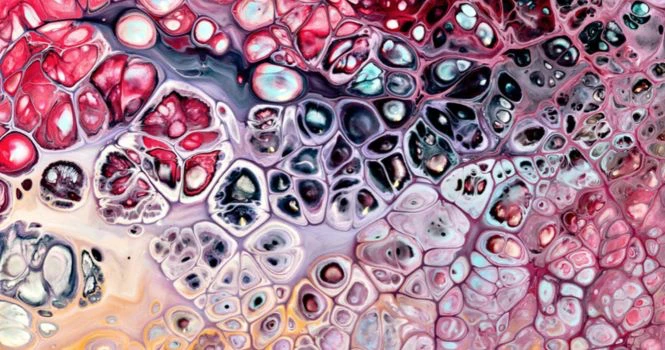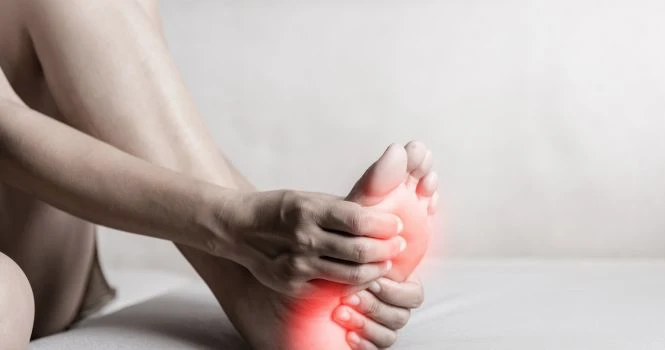Neurosis
In neurosis, the person will have insight (He knows that something is wrong with him)
The term neurosis has been defined as meeting one or more of the following criteria
- The presence of symptoms which cause subjective distress to the patient
- Insight in present
- The contact with reality is preserved
- There is absence of organic causative factors
- Reaction to severe stress
- Dissociative (Conversion) Disorders
- Somatoform disorders
Normal anxiety becomes pathological when it causes significant distress to the individual.
Anxiety can be of two types
1. Trait anxiety
It’s a habitual tendency to be anxious in general. Individual describes it as, ”I often feel anxious”
2. State anxiety
Anxiety felt at present . individual describes it as, “I feel anxious now”
Examples of Neurosis
1. Generalized anxiety disorders
3. Obsessive Compulsive disorder
4. Panic Disorder
5. Post-Traumatic Disorder
6. Adjustment Disorder
7. Adult Attention-deficit hyperactivity disorder
8. Child Attention-Deficit hyperactivity disorder
9. Depression (Mild)
Psychosis
In Psychosis, the person doesn’t have insight (He is not aware that his behavior is abnormal)
The term Psychosis is defined as
- Gross impairment in reality (Not in contact with reality)
- Marked disturbance in personality, with impairment in social, interpersonal and occupational functioning.
- Marked impairment in judgment and absent understanding of the current symptoms and behavior (Loss of insight)
- Presence of characteristic symptoms like delusions and hallucinations.
Delusions are false belief which is maintained even after being contradicted with reality and rational argument.
Hallucinations are profound distortions of a person’s perception of reality. Third party hallucination are characteristics of Schizophrenia.
Examples of Psychosis
1. Schizophrenia
2. Bipolar disorder
3. Delusional disorder
4. Psychotic depression
5. Mania
Some medical conditions also cause psychosis which are,
- Parkinson disease
- Huntington chorea
- Dementia
- Brain Tumors
- HIV and other infection affecting the brain
- Alcohol and other substances, which may cause during use and during withdrawal
These differences are theoretical and should be left to Psychologists and Psychiatrists to plan out treatment strategies, if required.













